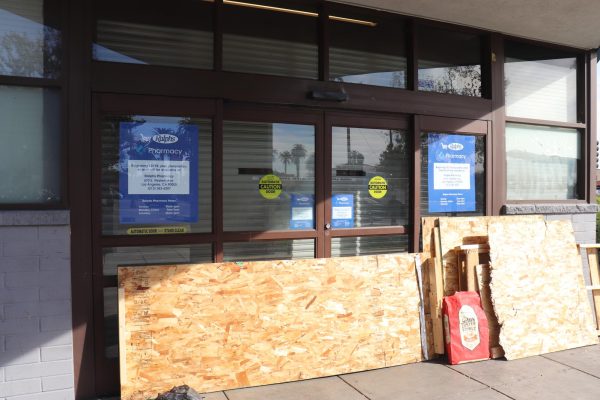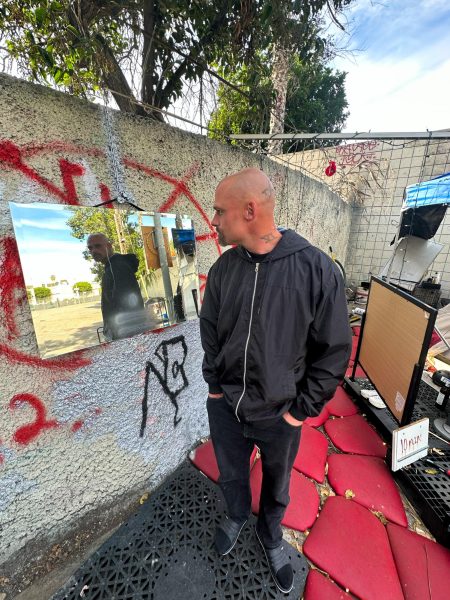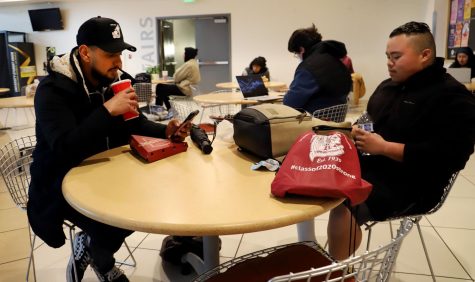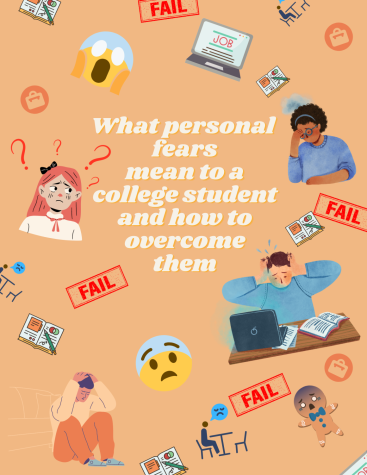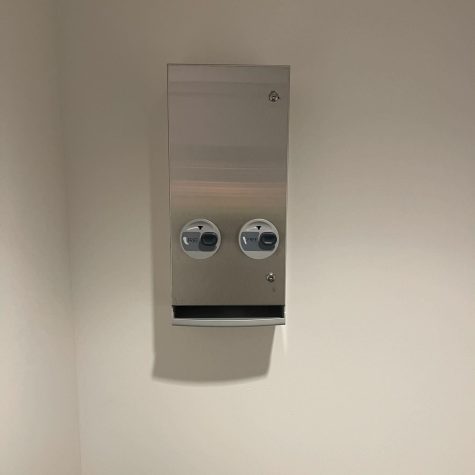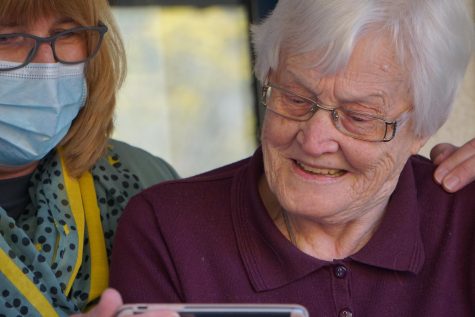Cal State LA students struggle to stay motivated for online classes
Ricardo Munguia, a computer science major, said he felt more isolated this semester by having a relationship with his computer rather than with new people. Munguia described how instead, his life has become a constant repetition. Munguia “wakes up, zooms, eats, zooms, and sleeps.”
“Moving to online learning has made me feel more alone than I have ever felt before,” said Munguia.
Like Munguia, some students at Cal State LA feel unmotivated with this new type of learning and struggle to keep up to pace.
Natural science major, Marisol Arellano, explained how her situation of losing motivation revolved around having to help her mom around the house, which takes up most of her time. Having this new responsibility made Arellano feel like she “lacks the want” to do her assignments.
Arellano added that along with having to help around the house, “being on a computer all day is exhausting” as it is.
Attempting to find ways to stay productive, Arellano began working out every morning, which has helped her have a “better mood” and “energy throughout [her day].”
Munguia also began changing his outlook to move forward through this semester and the next, which will also be online.
Munguia said he will remain “staying positive and focused” by taking time for himself to adjust his priorities with school. “Whether I like it or not, we are gonna be using zoom for a while more.”
Jonna Fries, a licensed psychologist and director of Counseling and Psychological Services (CAPS), said it’s important for people to know they are not alone.
“Lack of motivation is a very complex issue,” Fries said. She added that she wants to “normalize the struggle” so many are experiencing.
Fries explained what a lack of motivation may look like and what causes it: “Lack of motivation might be deficits in the resources and support we need to be successful, feeling overwhelmed, not having enough time to refuel ourselves, and not being sure if our goals are worthwhile to us.”
While some students struggle with isolation, social work major, Magali Lopez, stressed the “amount of homework [she is] getting” and the trouble of distinguishing “work time” versus “relax time.”
“It feels like my mind is going in between the two settings and trying to fish out when it is time to work and when it is time to relax,” Lopez said.
Joshua Garcia Morales, a television and film major from South Central Los Angeles, said he’s stayed motivated every day of his life by thinking about his future.
“As the youngest, I’m seen as the one that’s going to make it out of the ’hood and do something, so I aspire to live up to that,” said Morales.
Other students have found it easier to be more organized and set goals for themselves.
Lopez shared a goal she sets up for herself every class. When she’s on Zoom, Lopez says “good morning” to the professor or anyone there to assure herself and others that there is always someone to talk to.
She has also realized that she requires a change of environment in order to stay productive. Lopez has been able to do this by “taking a break and going somewhere else rather than the kitchen table” where she works.
As for what motivates her to get her day started, she has also started “making breakfast” for herself and talking to her sister, which also helps her get up with enough time to be “productive and motivated before class.”
Fries, the director of CAPS, suggested students who have issues with motivation “would benefit [from identifying] the root of the problem to address it” and “focus on living a value-driven life.”
CAPS also provides many resources to students who have lost their motivation by utilizing their workshops and support groups, which includes a Canvas workshop, “Let’s Get Moving! Procrastination and Time Management,” where Kenji Jones, a licensed marriage and family therapist, has created a Canvas workshop to help students balance wellness and responsibilities.
The UT covered student concerns about CAPS, including an apparent shortage of counselors.
Fries said that these workshops and support groups “might help students further identify what might be at the root of their problems with motivation.”
If students want to connect and talk with one of the CAPS counselors, they also offer “Let’s Talk,” where students can have a brief informal consultation about a specific problem with a counselor once or twice per term.
For any other questions or to make an appointment with a CAPS counselor, students can call 323-343-3300.
Students that do call this number will be required to go through an assessment. The counselor will determine the level of risk based on the assessment and either be helped right away or sent to workshops in the meantime. They are also working on making an online forum to make contacting CAPS simpler.

Mia Alva is a fourth-year journalism major who started for the University Times in fall 2020. She is a reporter and the editor-in-chief for the UT who...



